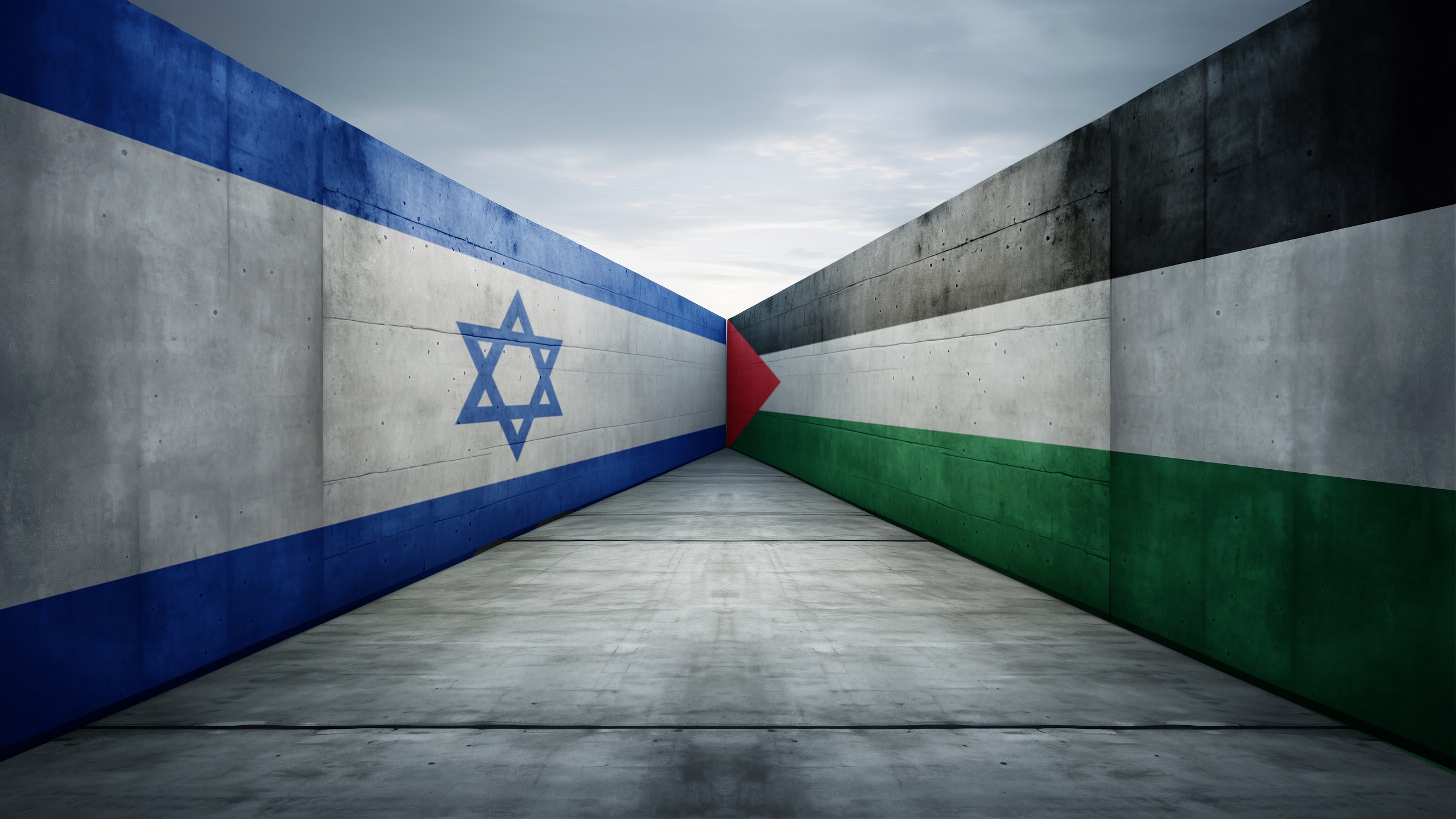Israel Seeks To Undermine the PA, Analysts Say
Israel's government will continue to try and dismantle the PA by branding it as a terrorist organization. This approach may be an attempt to avoid imposing a political settlement and take advantage of international silence and US license.
Since the start of the war in Gaza on Oct. 7, Israeli officials, led by Prime Minister Benjamin Netanyahu, have repeatedly attacked the Palestinian Authority (PA), in parallel with measures on the ground that affect its ability to carry out its responsibilities.
On more than one occasion, Netanyahu has attacked PA President Mahmoud Abbas for not condemning Hamas’ attack on southern Israel and the killing of hundreds of Israelis. The prime minister has also criticized the Oslo Accords, “which returned the Palestinians to the heart of the State of Israel,” as he put it.
Netanyahu has also vowed not to allow the PA to take control of the Gaza Strip once Israel succeeds in removing Hamas from power. This is in sharp opposition to US President Joe Biden’s position and that of other key international actors.
Further undermining the PA, Netanyahu publicly claimed that it “does not fight terrorism but rather supports terrorism,” adding, “We will not accept the return of this PA to Gaza.”
Palestinians claim that as punishment, Israel deducted Gaza’s share of the clearance money it collects on behalf of the PA at border crossings and ports that Israel controls. This sum is estimated at $140 million per month and is in addition to previous deductions that exceed $1 billion annually.
Netanyahu has stated more than once that his presence in the [Israeli] government has prevented the establishment of a Palestinian state, and that the Palestinian division between Fatah and Hamas is a strategic interest for Israel
Wasel Abu Youssef, a member of the Executive Committee of the Palestine Liberation Organization (PLO), told The Media Line that “Netanyahu has stated more than once that his presence in the [Israeli] government has prevented the establishment of a Palestinian state, and that the Palestinian division between Fatah and Hamas is a strategic interest for Israel.”
This holiday season, give to:
Truth and understanding
The Media Line's intrepid correspondents are in Israel, Gaza, Lebanon, Syria and Pakistan providing first-person reporting.
They all said they cover it.
We see it.
We report with just one agenda: the truth.


According to Abu Youssef, Netanyahu is betting on a decisive victory in Gaza because it will be a “major interest for Israel in preventing the establishment of a state on the occupied territories in the West Bank, Gaza, and Jerusalem.”
Moreover, the US has openly taken Israel’s side and has adopted its narrative, becoming a “partner in the war of genocide on Gaza,” asserted Abu Youssef.
The result is that Israel’s policy in the occupied territories is undermining the PA’s status and is weakening its position among Palestinians, asserted Abu Youssef, noting nightly Israeli raids on the West Bank, the increase in Israeli Jewish settler aggression on Palestinians, the displacement of Palestinian villages, and even threats to displace West Bank Palestinians.
Since Oct. 7, the Israeli army has stepped up its raids into Palestinian cities and villages, resulting in more than 260 people killed, over 3,500 wounded, and more than 3,600 detained in these incursions.
Abu Youssef concluded that the political positions supporting the Palestinian people lack “mechanisms that oblige the [Israeli] occupation to stop its aggression.” He added that “there must be seriousness, sanctions, and the withdrawal of ambassadors, because without compromising the interests of the colonial countries, pressure on the occupation will not occur.”
In contrast, Dr. Ahmed Rafiq Awad, head of the Al-Quds Center for Future Studies at Al-Quds University, ruled out Israel’s efforts to undermine the PA “in the sense of demolishing it and abolishing it.” He told The Media Line that he does not rule out attacks against figures in the PA instead.
His analysis is based on two points: First, Israel won’t find an alternative to the PA’s moderation and vision. Second, despite all of its shortcomings, the PA enjoys international and Arab recognition. It is not easy to undermine the PA and put an end to an authority that is recognized by so many parties that want it.
According to Awad, the US approach is to “revitalize” the PA in the sense of changing its figureheads, roles, political vision, and future political solution. This means “creating new roles or canceling and changing old roles and amending the Palestinian political system,” but not to the point of abolishing the PA, “because that would destroy one of the last strongholds of moderation in the region.”
Awad also believes that the US is looking for a political path for the day after the war “on the basis of the unity of the land and a renewed authority to govern, but without Hamas.”
However, he describes the US position as “full of ambiguity and confusion and lacking clarity. It rejects the moderates and the extremists as well, so what does it want?” wondered Awad.
The director of the Jerusalem Center does not rule out the possibility that Israel’s government will continue to try and dismantle the PA by branding it as a terrorist organization.
Israel might accuse the PA of not fighting terrorism as long as it continues to talk about a Palestinian state, Jerusalem, and the right of return for refugees. This approach, suggests Awad, may be an attempt by Israel to avoid imposing a political settlement and take advantage of international silence and American license.
Awad believes that Israel “may attempt to impose a political resolution that does not include a future Palestinian state and consists of Israel’s continued devouring of Area C.”
He concluded by saying that “deducting the tax money is only part of weakening the PA in front of its people for its inability to pay salaries.

